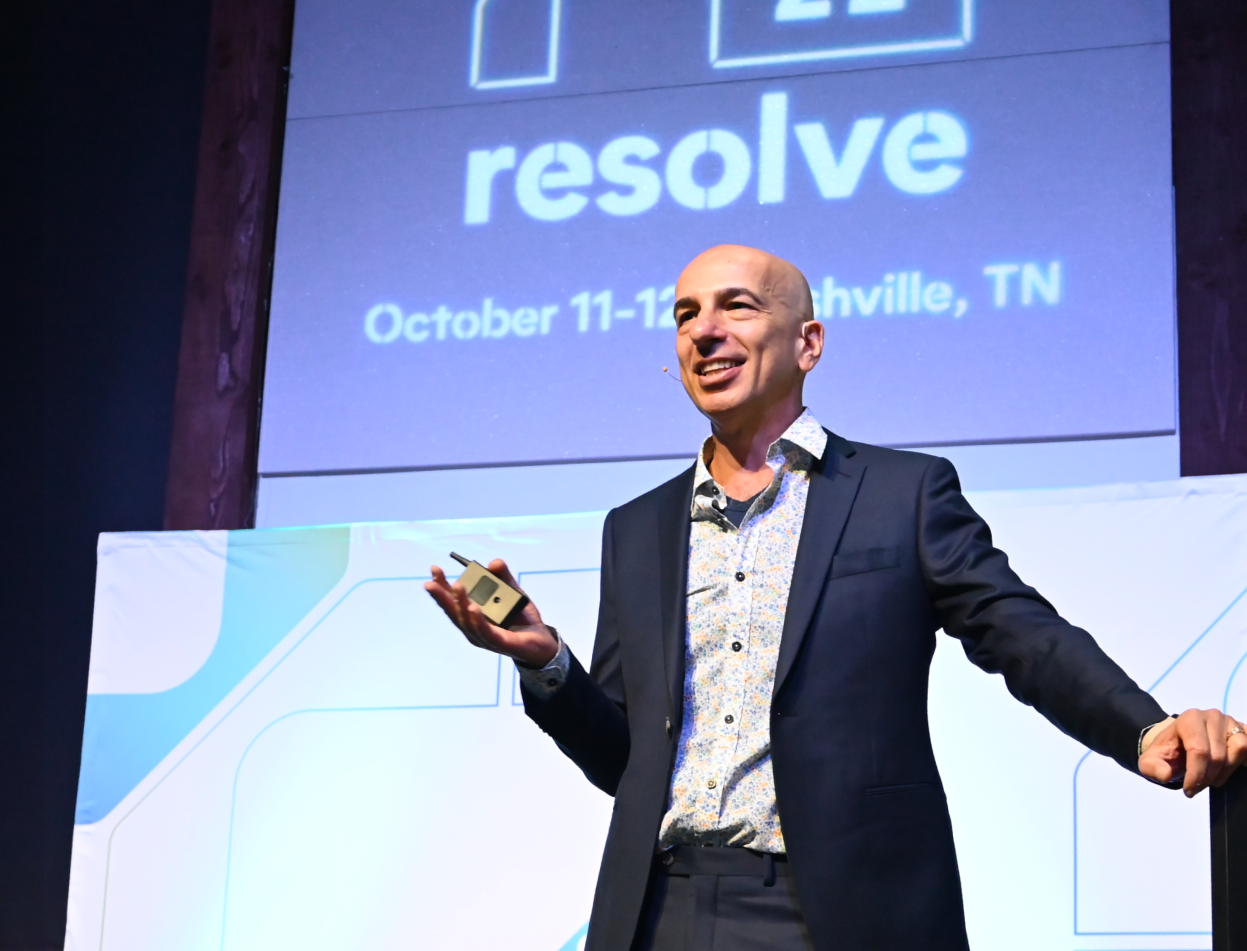In this episode of Dialed In, Gadi Shamia, CEO and co-founder of Replicant was joined by Kevin McLaughlin, a reporter from The Information, a technology news publication focused on providing in-depth news and analysis. Kevin has covered the enterprise software space for years, focusing on companies like Hewlett-Packard Enterprise, Oracle, and more recently, cloud providers like AWS, Microsoft Azure, and Google Cloud. The episode covers a variety of topics, including the impact of generative AI and trends in enterprise software. Here’s a recap of the conversation:
Listen to the full episode here.
Impact of Generative AI: Generative AI refers to services that can create original content like poems, blog posts, or images based on text prompts. These services are powered by large language models trained on vast amounts of data. Gadi and Kevin discuss the rapid rise of generative AI and its impact on various industries, including call centers, content generation, and more. They also mention the challenges and potential risks associated with the technology, such as the accuracy of output and its potential misuse.
Positioning AI Compared to Other Tech Revolutions: How does generative AI compare to previous tech revolutions like the internet and mobile technology? While generative AI has the potential for significant impact, there are still many unknowns, and it remains to be seen how it will shape various industries. In his role as a reporter, Kevin has seen many trends come and go. While generative AI appears to be more than just a flash in the pan today, its true impact remains to be seen.
Role of AI in Reporting: AI tools like Chat GPT can assist reporters with tasks such as summarization and content generation. However, he acknowledges that there are aspects of reporting, such as building relationships and vetting information, that AI cannot fully replace. Similarly, businesses hoping to use AI to automate customer service in their contact centers can’t go as far as replacing agents. Agents will always be key for assisting customers that require human empathy and critical thinking, however AI has already shown the ability to offload common, repetitive tasks that take agents away from the calls that matter most.
Future Trends: Gadi and Kevin discuss the potential trends in the enterprise software space, including the growing importance of cybersecurity, especially in cloud environments. They also mention the competition among tech companies for developer mindshare in the generative AI space. The conversation underscores the rapid advancement of generative AI and its potential to transform various industries. However, it also highlights the need for caution, ongoing development, and adaptation to new skills and disciplines in the tech world.
The evolving landscape of cloud computing and AI: This episode also digs into the changing positions of major players like AWS, Google, and Microsoft in the cloud computing space, highlighting how Microsoft has taken the lead with Google following closely. Gadi raises the question of whether AI is a top priority for enterprises, to which Kevin responds that while AI is often touted as a priority, it may not always be the case in practice.
Kevin draws parallels between the current state of AI adoption and the early stages of cloud computing, where everyone talked about it, but not everyone was fully incorporating it into their core operations. He suggests that, much like cloud computing, the hype around AI adoption may be ahead of actual implementation for many companies. They also discuss the phenomenon of “cloud washing,” where companies label their products as cloud-based even when they are not truly cloud-native, drawing parallels with similar marketing tactics in the AI space.
Customer service impact of AI: Gadi and Kevin explore the potential impact of AI on contact centers, emphasizing the shift towards automation and how AI can free up agents to focus on more meaningful and creative tasks. AI has the potential to make customer service more customer-centric, reducing the burden on agents while improving customer satisfaction. Kevin shares his interest in the contact center space, mentioning how his fascination with Amazon Connect, an automated call center service, sparked his interest in the intersection of traditional industries like call centers with cloud-based AI solutions.
Transforming an industry: As the conversation delves deeper into the future of contact centers, Gadi discusses how AI can enable more efficient customer interactions and make the industry more attractive for agents, potentially leading to longer-term careers in customer service. Kevin shares his optimism regarding the positive impact of AI, particularly in fields like education and healthcare, where AI can help address talent shortages and provide personalized assistance.
They conclude the podcast with a quickfire round, where Kevin shares his preference for reaching customer service via text, his dream career as a baseball coach, and his belief that AI will continue to do amazing things for the world, with the hope that society and regulators will guide its ethical use. Finally, Kevin discusses the evolving public opinion on AI, especially with the emergence of generative AI, which has made AI more accessible and understandable to a broader audience.





